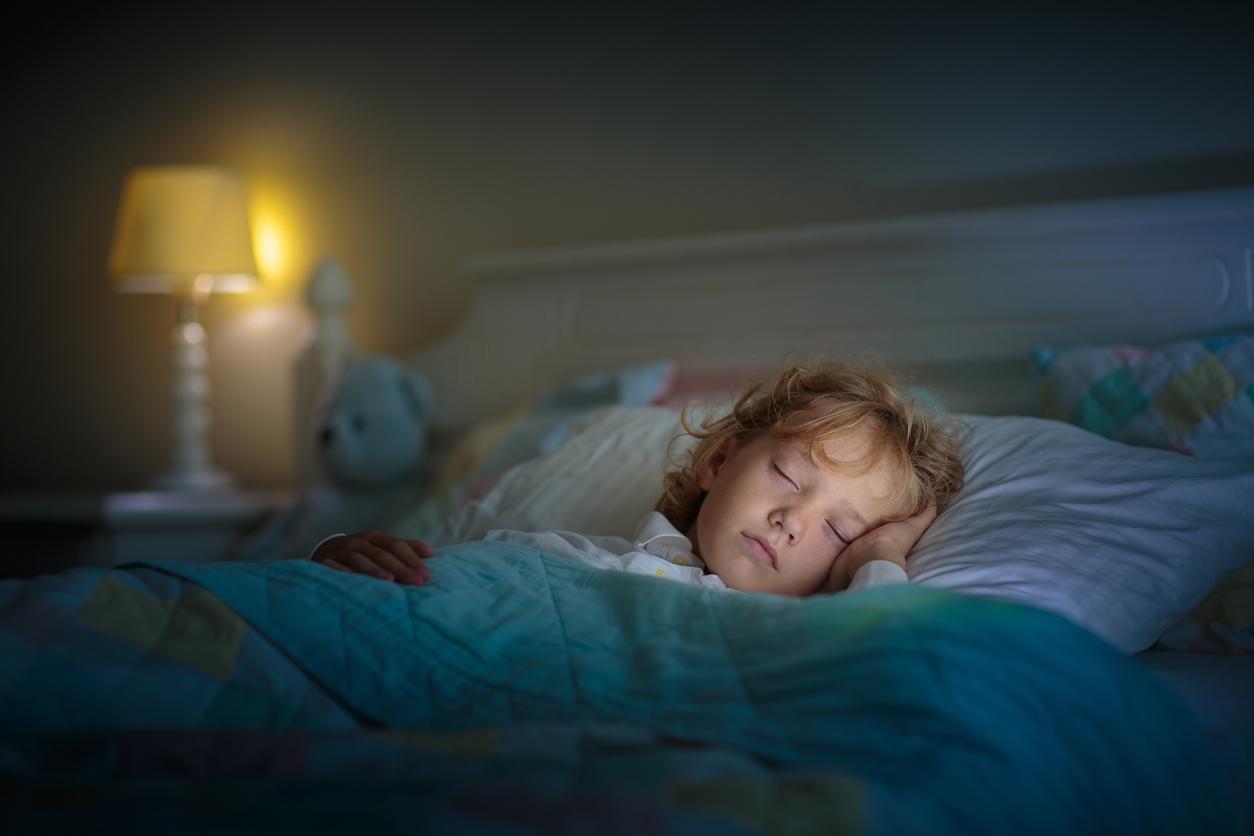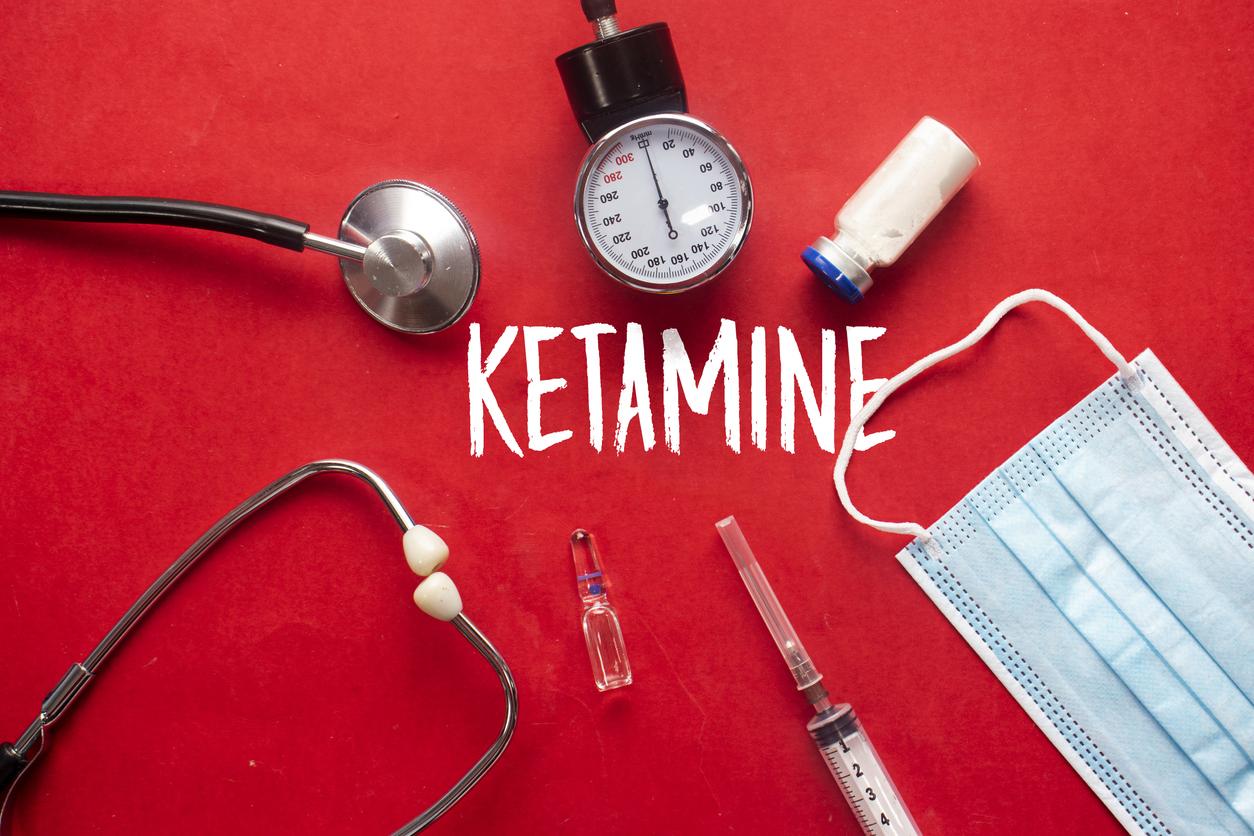A drug used to treat depression may also be effective against sleep apnea.

- Statistically, sleep apnea affects more men than women according to Inserm.
- Sleep apnea affects nearly 2% of children between the ages of two and six.
At least 30% of people over 65 are affected by sleep apnea according to I’National Institute of Health and Medical Research (Inserm). This syndrome is characterized by repeated and uncontrolled interruptions of breathing during sleep. More specifically, it is the airway at the level of the pharynx which closes for 10 to 30 seconds or sometimes more, at the rate of at least five events per hour of sleep. Without being aware of it, patients generally experience micro-awakenings during the night, which disrupts their sleep and has consequences in their daily life: of the drowsiness during the day, difficulty concentrating or remembering.
An effective antidepressant against sleep apnea
Sleep apnea can also lead to cardiovascular complications such as high blood pressure. The risk factors are, among others, overweight and diabetes. In fact, approximately 16% of type 2 diabetic patients suffer from sleep apnea. The treatment generally offered is to wear a mask at night, which is connected to a machine.
This device makes it possible to administer air continuously to avoid closure of the pharynx. It is effective, however it can be burdensome for people with this condition. But researchers have just found a less restrictive treatment: reboxetine. It is basically an antidepressant. Their work has been published in the journal Journal of Clinical Sleep Medicine.
Reduced number of sleep apnea events per night
To reach this conclusion, the researchers conducted experiments on 16 patients with sleep apnea. Some took reboxetine alone, others had it in combination with another treatment, and some participants took a placebo”Our results showed that reboxetine alone could reduce the severity of sleep apnea, explains Thomas Altree, one of the authors. We found that the drug reduced the number of sleep apnea events per hour and also improved oxygen levels.“
At the same time, the researchers also managed to determine how the drug stabilized patients’ breathing while they slept. “This allows us to identify those who could most benefit from the drug in the future, continues Thomas Altree. The current standard treatment for sleep apnea is to use a device during sleep. But that ignores the fact that there are different causes of sleep apnea. In addition, many people do not tolerate (these measures) long-term. It is therefore important that we discover other therapeutic pathways to help people and this study is an important step for future drug development.“


















